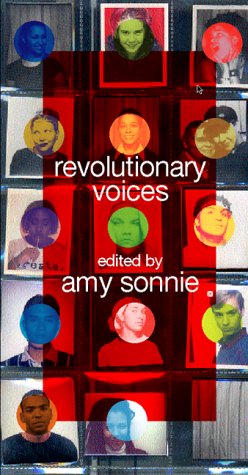
The controversial debate of book-bannings has taken storm across the country within the past few years, but most book bannings take place in red states. As of 2022, according to AAA State of Play, the top five states with the most banned books are Texas, Florida, Missouri, Utah and South Carolina, with a total of 1,477 book bans across the country.
Surprisingly, even RV has fallen victim to book bannings. In 2010, RV banned “Revolutionary Voices: A Multicultural Queer Youth Anthology,” edited by Amy Sonnie, an anthology of prose, poetry, artwork, letters, diaries and performance pieces by students that celebrate queer experiences and stories. The book was targeted at RV by the 9/12 Project, a conservative group started by conservative talk show host and radio personality Glenn Beck, and is based on his nine principals and 12 values, according to glennbeck.com. Protests were organized against the book, and one grandmother, according to The Pink News, described the book as “pervasively vulgar, obscene and inappropriate,” however was adamant that she was not homophobic. The aspect that is of main concern to opponents of the book is an etching that is deemed especially explicit.
According to RV’s Media Center Coordinator, Mrs. Venuto, the 9/12 Project was compiling “a list of books, that was LGBTQ mostly” that they wanted to remove from the county libraries, and found out that RV had three of them, one being “Revolutionary Voices.”
“They came to [RV] first,” she said, “but they also went to Lenape, and they went to the Burlington County Library.”
While “Revolutionary Voices” was also banned at the Burlington County Library, Lenape was given a “heads up” that the group was coming, so they were more prepared to fight to keep the book — and were successful.
Mrs. Venuto also explained the group thought they would be more successful than they were because “they did not realize that you can’t censor materials from a library in our democracy without following some protocol, like having a committee and having the books read.” She said, however, RV took appropriate steps to respond, “following the steps to research to approach it,” to determine if the book should be removed or not.
Ultimately, the book was banned in an unanimous vote from the Board of Education.
Today, “Revolutionary Voices” remains the only book to successfully be banned at RV. Book bans are still on the rise throughout the country, however; according to The Guardian “book bans in US public schools increased by 28% in the first half of the 2022-23 academic year.”
Mrs. Venuto stands firm that this could be problematic, as libraries are “an institution we need to keep intact in our nation,” and make readers feel seen through reading about shared experiences.
Finding community is one of the things that makes books so important, and the removal of books that express these experiences, like “Revolutionary Voices” could truly be doing more harm than good.





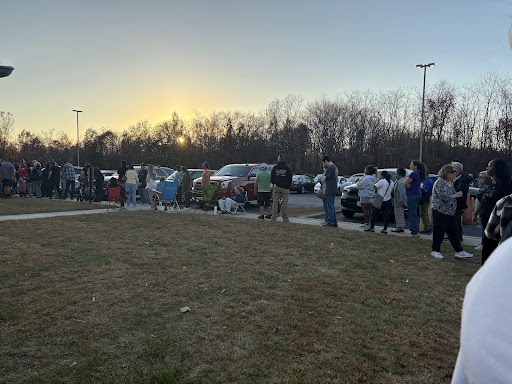
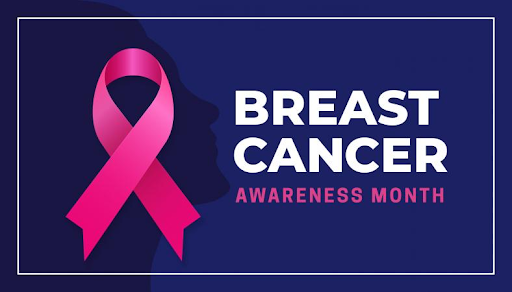
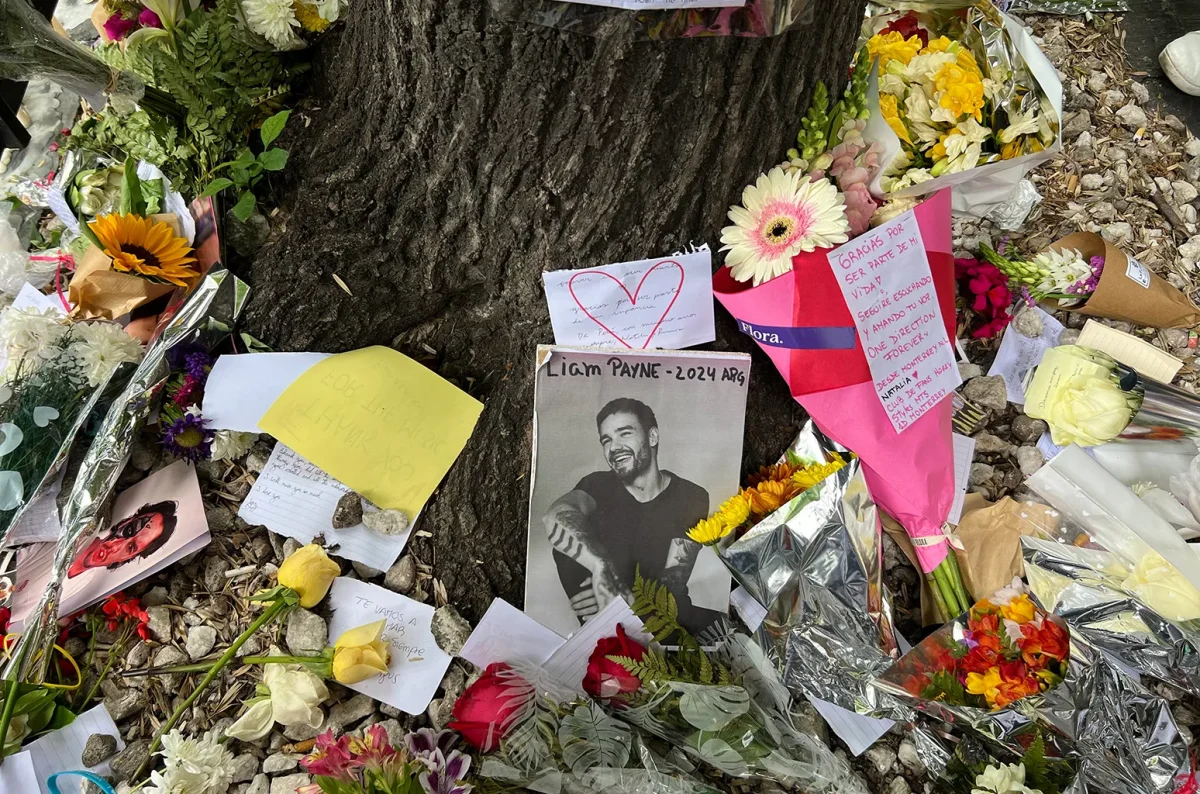
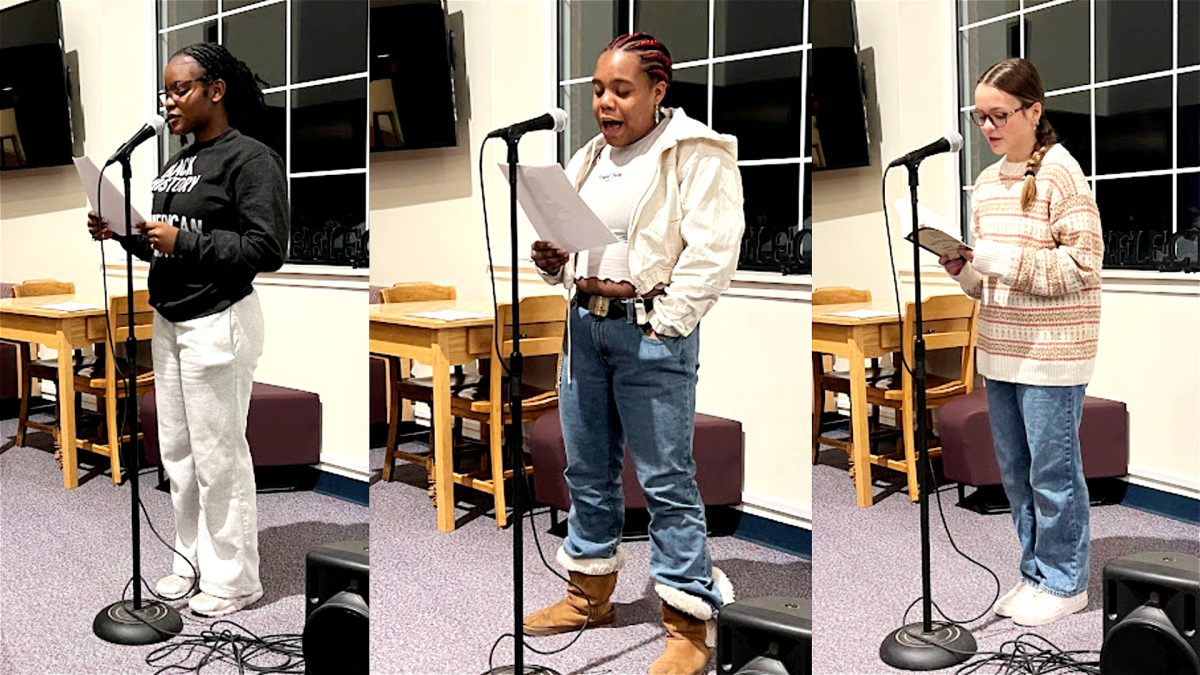



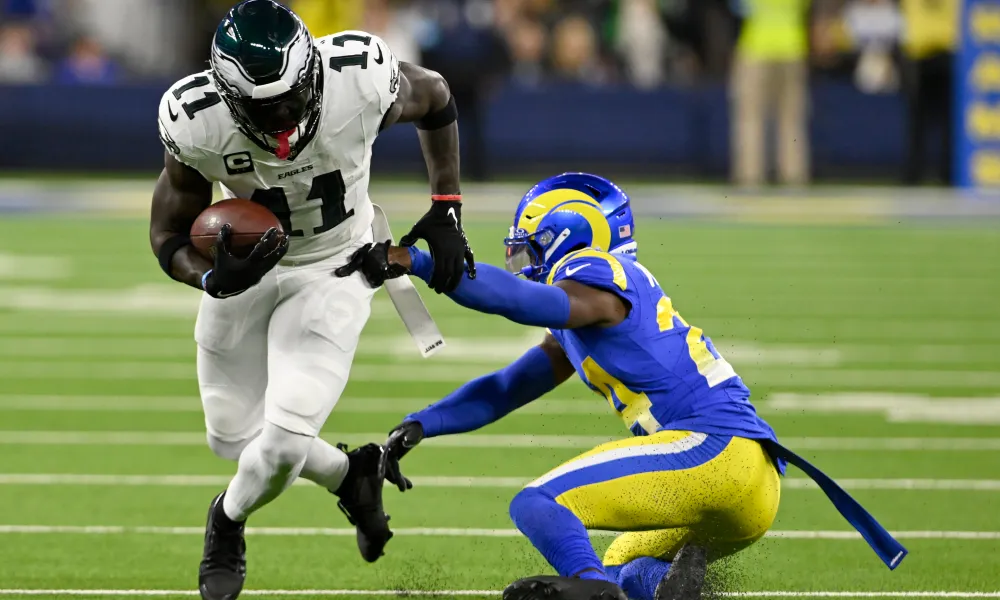


Amy Sonnie • Mar 31, 2024 at 1:12 pm
Thank you for covering this topic. I still get mail from people who found this book at a time in their lives when they needed to feel seen and validated. Books are so vital and censorship causes harm. — Amy Sonnie, author and librarian